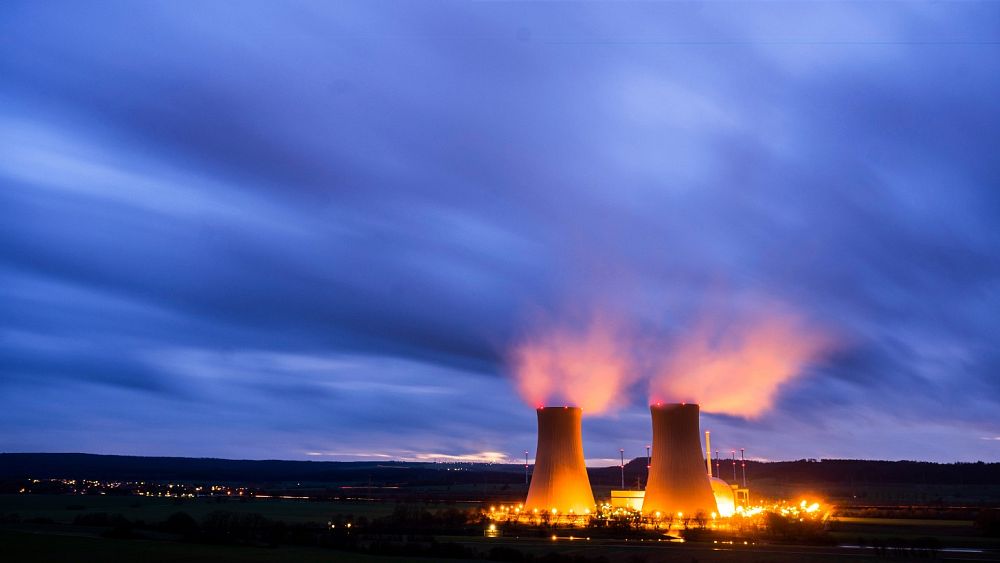
The German government said it considers nuclear energy “dangerous” and voiced an objection to an EU proposal to have nuclear power be part of its future climate strategy.
Germany is set to switch off its remaining three nuclear power plants at the end of this year and phase out coal by 2030.
“We consider nuclear technology to be dangerous,” government spokesman Steffen Hebestreit told reporters in Berlin, adding that the question of what to do with radioactive waste that will last for thousands of generations remains unresolved.
Hebestreit added that Germany “expressly rejects” the EU’s assessment of atomic energy and has repeatedly stated this position toward the European Commission. Germany is now considering its next steps on the issue, he said.
Germany’s Green party, part of the new governing coalition, tweeted: “It is high time to switch to green energy. Investments in truly sustainable forms of energy must not be blocked in favour of dangerous nuclear power.”
But environmentalists have criticised Germany’s emphasis on natural gas which is less polluting than coal but still emits carbon dioxide when burned.
Hebestreit said the German government’s goal is to use natural gas only as a “bridge technology” and replace it with non-polluting alternatives such as hydrogen produced with renewable energy by 2045, the deadline the country has set to become climate neutral.
Germany’s neighbour France, on the other hand, aims to modernise existing reactors and build new ones to meet its energy needs.
The opposing paths taken by two of the EU’s biggest economies have resulted in an awkward situation for the bloc’s executive Commission. A draft EU plan seen by The Associated Press concludes that both nuclear energy and natural gas can under certain conditions be considered sustainable for investment purposes.